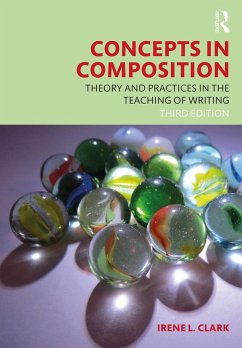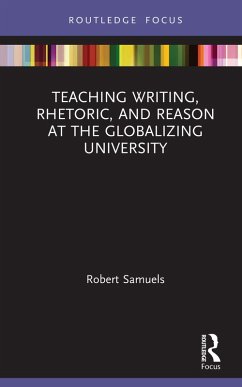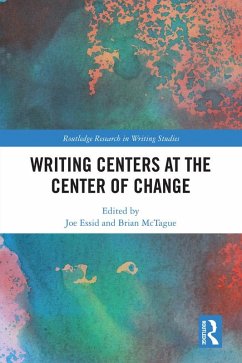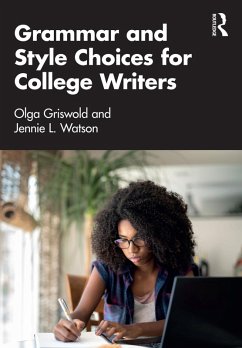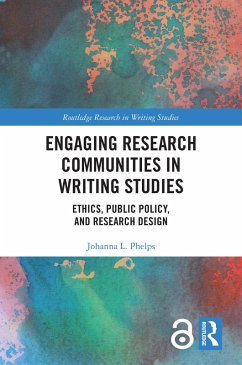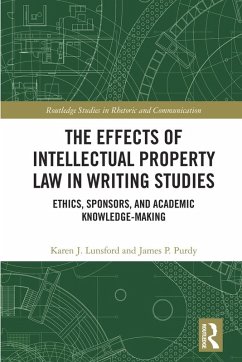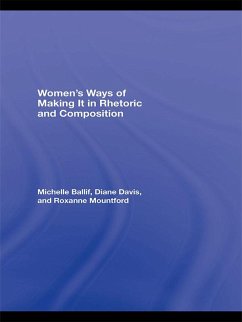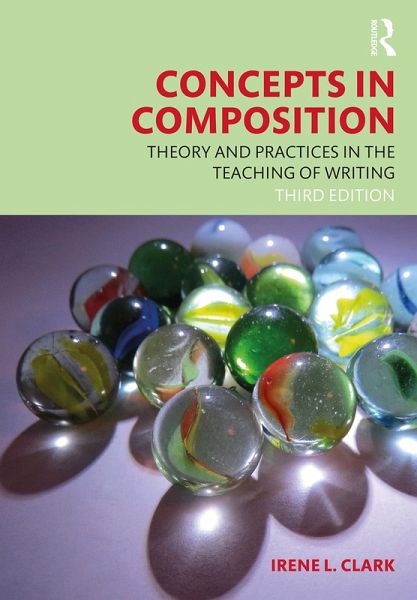
Concepts in Composition (eBook, PDF)
Theory and Practices in the Teaching of Writing
Versandkostenfrei!
Sofort per Download lieferbar
64,95 €
inkl. MwSt.
Weitere Ausgaben:

PAYBACK Punkte
32 °P sammeln!
Concepts in Composition is designed to foster reflection on how theory impacts practice, allowing prospective teachers to assume the dual role of both teacher and student as they enter the discipline of Writing Studies and become familiar with some of its critical conversations. Now in its third edition, the volume offers up-to-date scholarship and a deeper focus on diversity, both in the classroom and in relation to Writing Studies and literacy more broadly. This text continues to offer a wealth of practical assignments, classroom activities, and readings in each chapter. It is the ideal reso...
Concepts in Composition is designed to foster reflection on how theory impacts practice, allowing prospective teachers to assume the dual role of both teacher and student as they enter the discipline of Writing Studies and become familiar with some of its critical conversations. Now in its third edition, the volume offers up-to-date scholarship and a deeper focus on diversity, both in the classroom and in relation to Writing Studies and literacy more broadly. This text continues to offer a wealth of practical assignments, classroom activities, and readings in each chapter. It is the ideal resource for the undergraduate or graduate student looking to pursue a career in writing instruction.
Dieser Download kann aus rechtlichen Gründen nur mit Rechnungsadresse in A, B, BG, CY, CZ, D, DK, EW, E, FIN, F, GR, HR, H, IRL, I, LT, L, LR, M, NL, PL, P, R, S, SLO, SK ausgeliefert werden.




